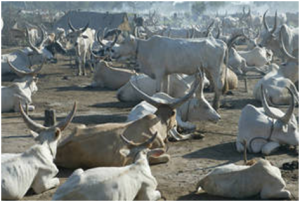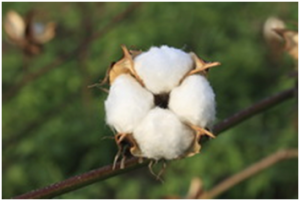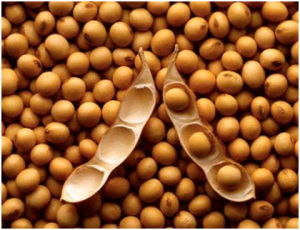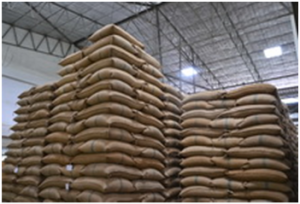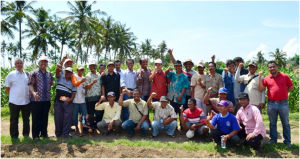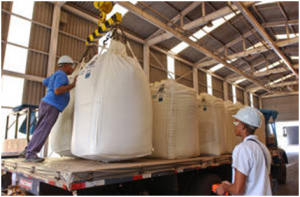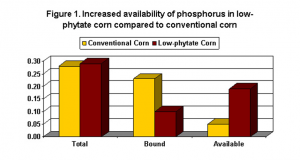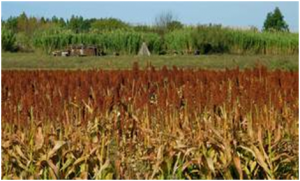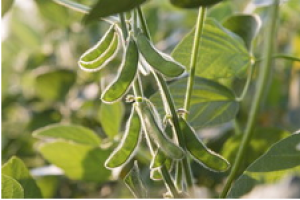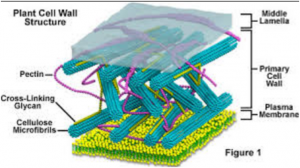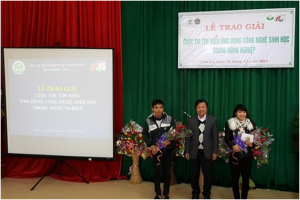|
Study Reveals How Plants Get Their Nitrogen Fix
Monday, 2018/02/26 | 08:08:33
|
|
Researchers at the University of Tsukuba in Japan have identified a key genetic pathway that allows legumes to respond to soil nitrogen. They found the genetic pathway in the legume Lotus japonicus, and it controls nodulation in response to nitrogen levels in the soil.
Root nodules form when there is low soil levels of fixed nitrogen molecules such as nitrate. When soil nitrate increases, legumes respond by inhibiting root nodulation. The mechanism of this response was unknown, though.
The research team chemically mutated L. japonicus genes and searched for mutations that cancel nitrate response. They found a gene, which they called nitrate unresponsive symbiosis 1 (NRSYM1), that when mutated causes the legume to continue forming new nodules even when nitrate is in the soil. They also found that the same mutation disrupts nodule regulation at several other key control points—in NRSYM1-deficient plants, nitrate can no longer prevent the growth of existing nodules, stop nodules from fixing nitrogen, or prevent bacteria from infecting the roots in the first place.
The team has determined that NRSYM1 codes for a transcription factor that, in the presence of nitrate, directly activates another gene that stops new nodules from forming. While the link between NRSYM1 and the other control points is still unclear, the researchers believe their study lays the groundwork for future discoveries.
For more details, read the news release from the University of Tsukuba.
|
|
|
|
[ Other News ]___________________________________________________
|


 Curently online :
Curently online :
 Total visitors :
Total visitors :
(39).png)


